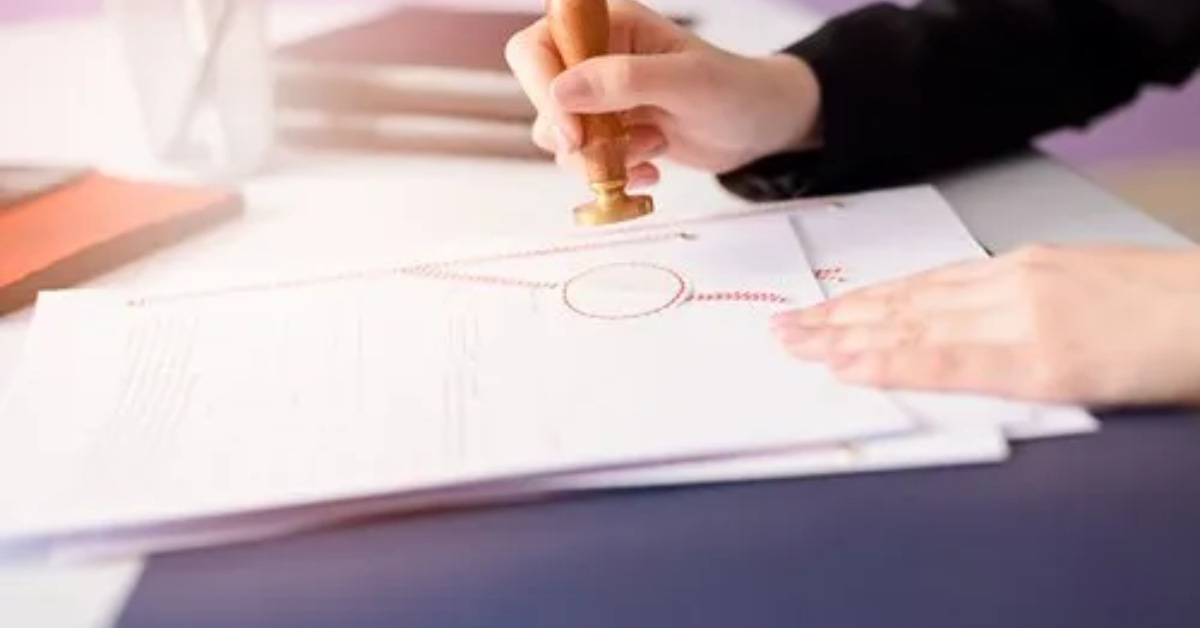Process Server in Minnesota: Essential Information for Legal Services
A process server plays a crucial role in the legal system by ensuring that individuals involved in legal proceedings are properly notified of the actions taken against them. In Minnesota, the process server serves as an essential link between the legal system and the parties involved, facilitating transparency and ensuring fairness in legal procedures.
What is a Process Server?
A Process Server Minnesota is an individual who delivers legal documents to a person involved in a court case. These documents can include summons, complaints, subpoenas, court orders, and other legal notices. The delivery of these documents is critical as it ensures that the recipient is informed of the proceedings and has the opportunity to respond within a designated time frame.
Requirements for Process Servers in Minnesota
In Minnesota, process servers must adhere to specific guidelines and qualifications. While Minnesota does not have a state-mandated certification process for process servers, they must follow the rules of the court system to ensure legal compliance. Some important factors include:
- Age and Background: The individual serving the documents must be at least 18 years old and cannot be a party to the lawsuit. Process servers are often required to have a clean criminal record, particularly for offenses that could affect their reliability.
- Service Methods: In Minnesota, service of process can be completed in various ways, such as personal service, substituted service, or service by mail. The process server must follow the appropriate procedure to guarantee that the documents are served correctly.
- Affidavit of Service: After serving the legal documents, the process server must provide an affidavit that details the date, time, and method of service. This affidavit acts as proof that the legal notice has been properly delivered.
Types of Legal Documents Process Servers Handle
Process servers in Minnesota are tasked with delivering a wide range of legal documents, including:
- Summons and Complaints: These documents notify a defendant that a lawsuit has been filed against them and provide details of the claims.
- Subpoenas: A subpoena requires the recipient to testify as a witness in court or to provide specific documents related to the case.
- Court Orders and Judgments: Process servers also deliver orders and judgments issued by the court that require compliance.
- Eviction Notices: In landlord-tenant disputes, process servers deliver eviction notices to tenants in compliance with legal procedures.
The Importance of a Reliable Process Server
A reliable process server ensures that the legal system operates smoothly. Failure to properly serve documents can delay a case or even result in the dismissal of a lawsuit. The recipient must be made aware of the court proceedings in order to have an opportunity to respond. A competent process server can expedite the legal process and help prevent any issues with the service of process.
Finding a Process Server in Minnesota
If you need the services of a process server in Minnesota, there are various options to consider. Many law firms work with experienced process servers, or you can directly hire an independent process serving agency. It’s important to choose a reputable service with experience in Minnesota’s legal system to ensure your documents are delivered properly and on time.
Conclusion
Process servers are vital to ensuring that Minnesota’s legal system runs smoothly and fairly. By understanding the role of a process server, the legal requirements, and the types of documents they deliver, individuals and businesses can make informed decisions when it comes to legal service needs. Whether you’re involved in a civil case, eviction, or any other legal proceeding, hiring a professional process server will ensure the proper delivery of documents and adherence to court procedures.







